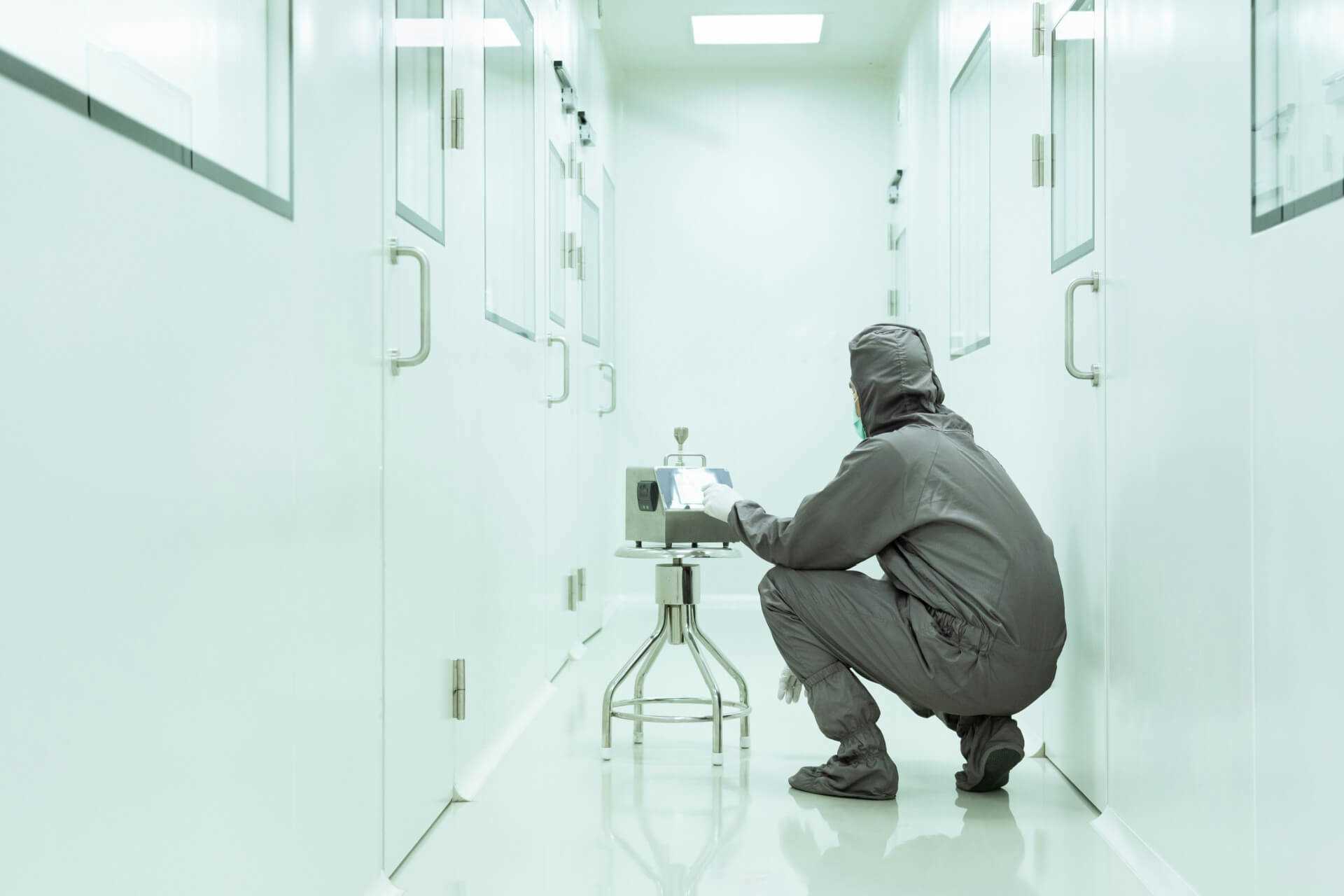
Quality Control
Quality control is an essential aspect of good manufacturing practice (GMP) compliance. GMP compliance is crucial for ensuring that pharmaceutical products are safe, effective, and of high quality. The primary goal of quality control is to ensure that pharmaceutical products meet the specified quality standards and that they are consistently produced and controlled to meet these standards.
One of the critical aspects of quality control in GMP compliance is the establishment of a quality control unit (QCU). The QCU is responsible for ensuring that all activities related to quality control are carried out in accordance with GMP regulations. The QCU is also responsible for maintaining the quality of the products and for ensuring that all testing and analytical activities are conducted in a timely and effective manner.
Another important aspect of quality control in GMP compliance is the establishment of a comprehensive quality control program. This program should include procedures for sampling and testing of raw materials, in-process materials, finished products, and stability samples. It should also include procedures for monitoring the manufacturing process and for identifying and addressing any deviations from the specified process parameters.
In addition to establishing a quality control program, GMP compliance requires the use of appropriate testing methods and equipment. The methods and equipment used for testing should be validated, and their performance should be regularly monitored. The results of all testing and monitoring activities should be documented and maintained in a comprehensive record-keeping system.
It is also essential to have qualified personnel involved in quality control activities. These individuals should have the appropriate education, training, and experience to perform their roles effectively. They should also be trained in GMP regulations, quality control procedures, and the use of testing equipment and methods.
Quality control is a critical aspect of GMP compliance in the pharmaceutical industry. The establishment of a quality control unit, a comprehensive quality control program, the use of appropriate testing methods and equipment, and the involvement of qualified personnel are all necessary for ensuring the safety, effectiveness, and quality of pharmaceutical products. By adhering to these standards, the pharmaceutical industry can maintain public trust and confidence in its products, and ultimately, help improve the quality of life for patients.
